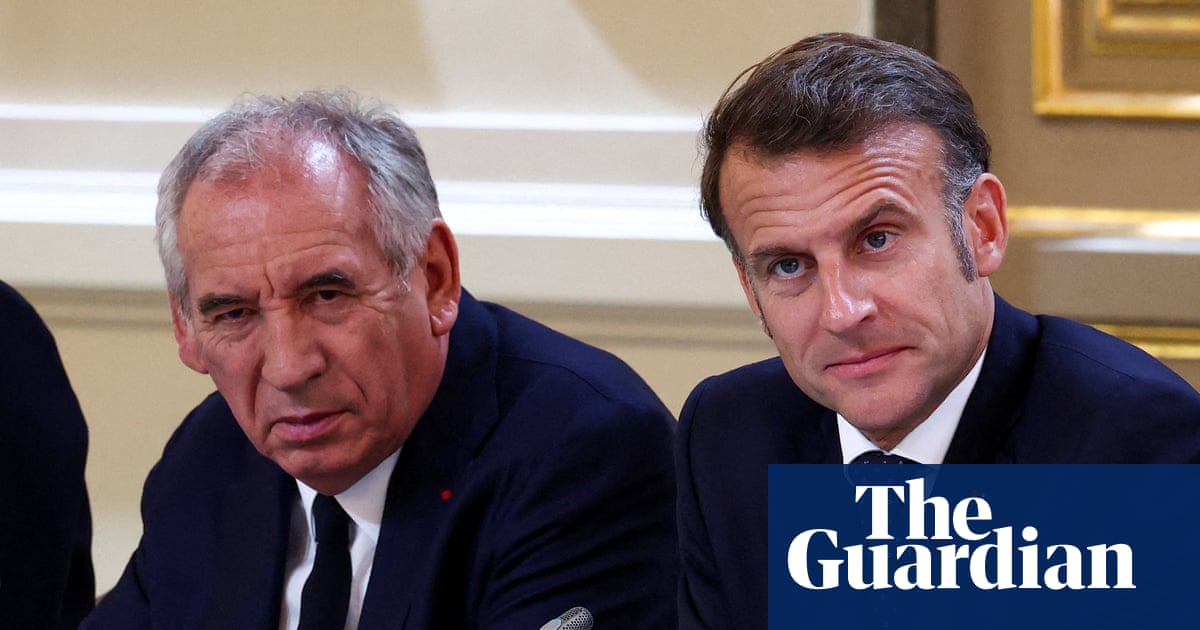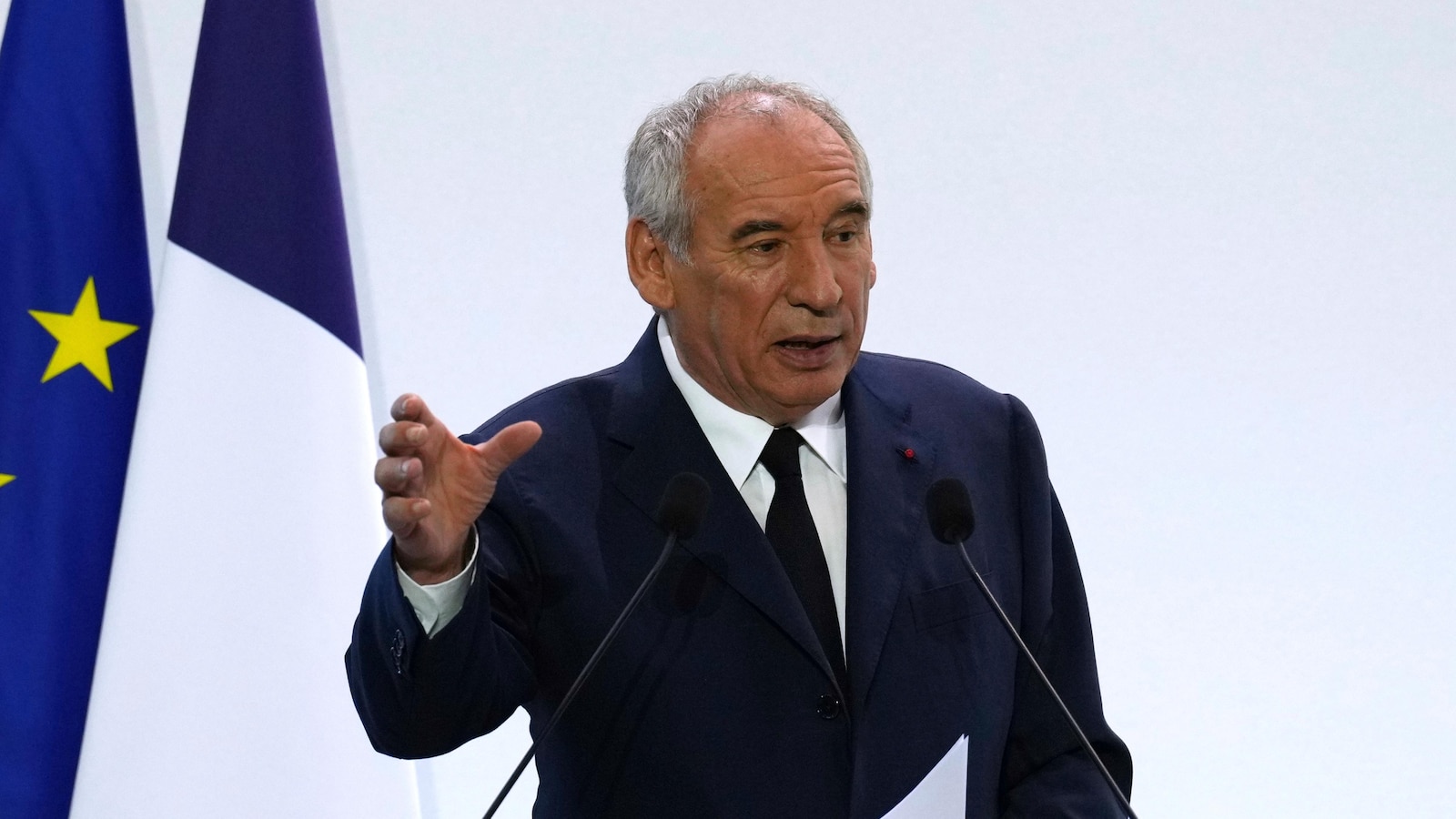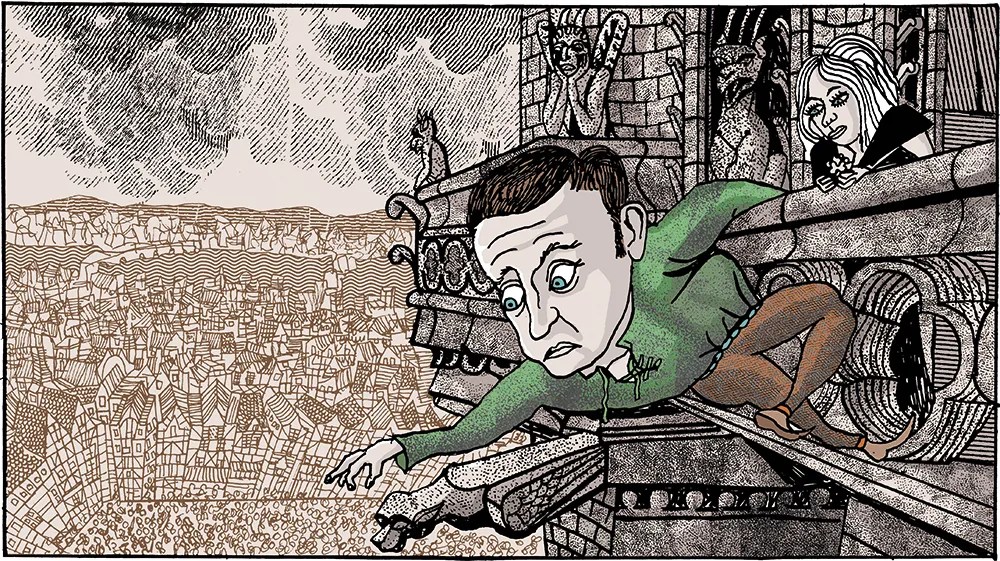French Government Faces Critical Confidence Vote Amidst Fiscal Crisis and Political Instability
French Prime Minister Bayrou faces a critical September 8 confidence vote on his €44 billion austerity plan, backed by President Macron, amidst opposition and rising fiscal credibility concerns due to a 5.8% deficit.
Overview
- French Prime Minister François Bayrou has scheduled a critical confidence vote for September 8, seeking parliamentary approval for his administration's proposed austerity measures.
- President Emmanuel Macron fully supports Prime Minister Bayrou, despite widespread criticism and opposition from both left and far-right parties against the austerity plan.
- Bayrou's administration plans to implement €44 billion in spending cuts to address France's significant budget deficit, which has recently reached 5.8% of GDP.
- Opposition parties have publicly declared their intention to vote against expressing confidence, potentially leading to the collapse of the centrist government and further political instability.
- Concerns about France's fiscal credibility are escalating, evidenced by rising French bond yields, as the nation grapples with ongoing political and economic challenges.
Report issue

Read both sides in 5 minutes each day
Analysis
Center-leaning sources frame this story by emphasizing France's political instability and the precariousness of its government. They use loaded language to portray the situation as "trouble" and Bayrou's decision as "risky," highlighting the "deadlocked parliament" and "nervous markets" to underscore a narrative of ongoing crisis and uncertainty.
Articles (6)
Center (2)
FAQ
If Prime Minister Bayrou loses the confidence vote, he must resign under Article 50 of the French Constitution, which would lead to the government being disbanded. This could trigger snap elections or the appointment of a new prime minister, but given the current political instability and opposition, France could face a prolonged period of political stalemate.
Bayrou called the confidence vote to seek 'clarification' amid political instability and to preempt a likely no-confidence vote related to his controversial 2026 budget proposal. Facing a minority government and record-low approval ratings, he took this step hoping to strengthen his position or trigger a renewal in governance.
The government aims to address France's significant budget deficit, which has reached 5.8% of GDP. To tackle this, Bayrou's administration proposed €44 billion in spending cuts as part of an austerity plan to rebalance public finances and prevent over-indebtedness.
Opposition parties across the political spectrum, including left and far-right factions, have declared their intention to vote against the confidence motion. This unified opposition threatens to topple Bayrou's centrist government and increase political instability.
Concerns about France's fiscal credibility have grown, which is reflected in rising French government bond yields. Investors are wary due to the ongoing political instability and the large budget deficit, causing increased borrowing costs for the country.
History
- 2M

 3 articles
3 articles





